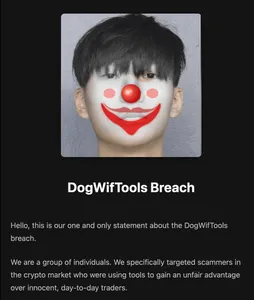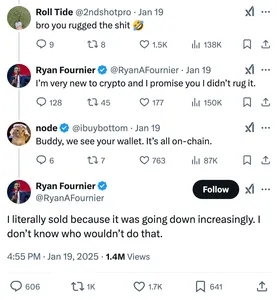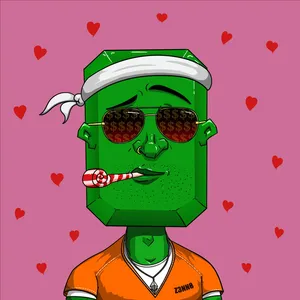He launched the project on January 12, and buyers piled in in hopes of being early to a high-profile crypto token endorsed by a public figure. However, within hours, the team began pulling liquidity as the price peaked, extracting around $2.5 million. As the price began to fall, the team added back around $1.5 million, leaving around $1 million unaccounted for.
Additionally, on-chain researchers observed at least one wallet that spent almost $750,000 to purchase around 1.5 million $NYC around 10 minutes before the token was publicly announced, leading to speculation around insider trading. However, because of the token price crash after the team began pulling liquidity, the apparent insider ultimately lost around $500,000.
People were quick to accuse Adams, or his unidentified crypto team, of rug-pulling buyers. Adams and the project's social media account have claimed that the team was simply moving or "rebalanc[ing]" liquidity, though they have not yet offered any explanation as to where the missing $1 million went.









